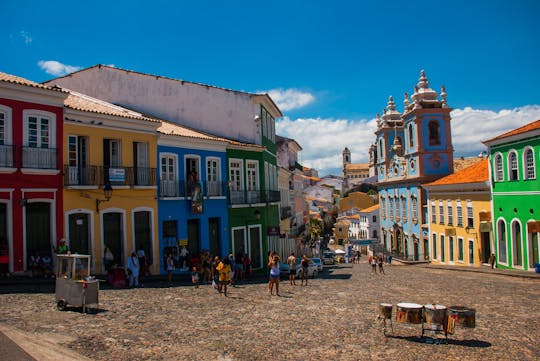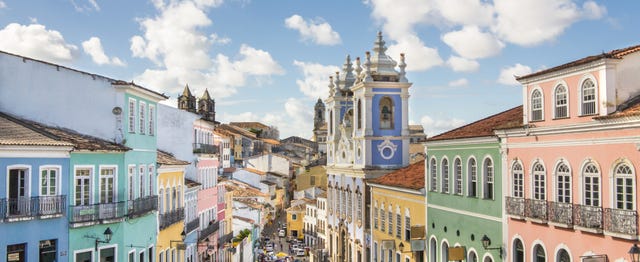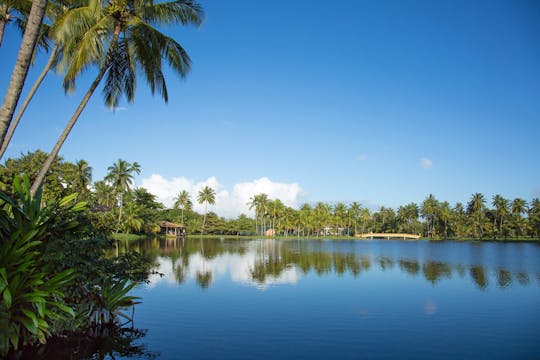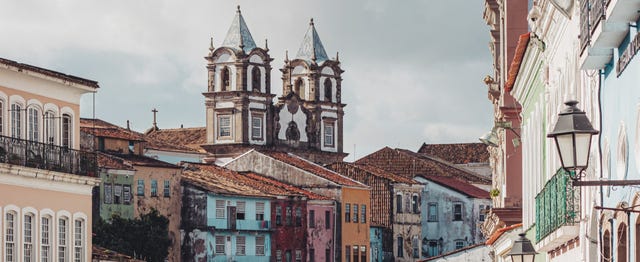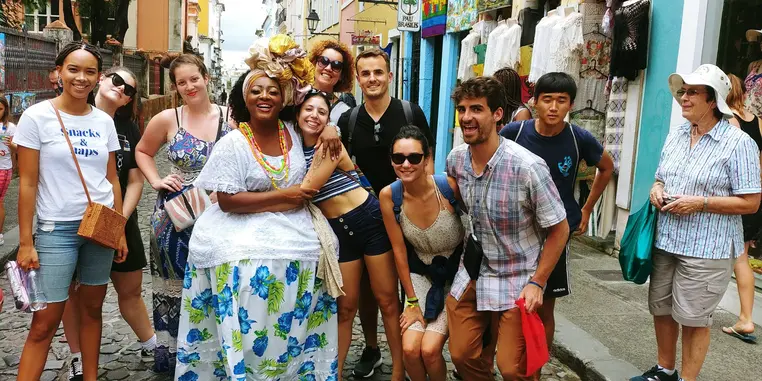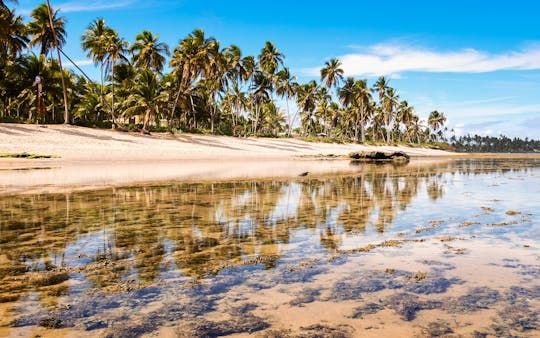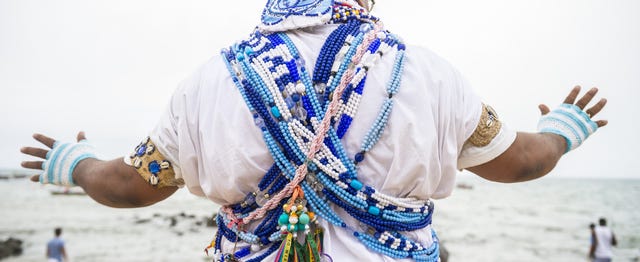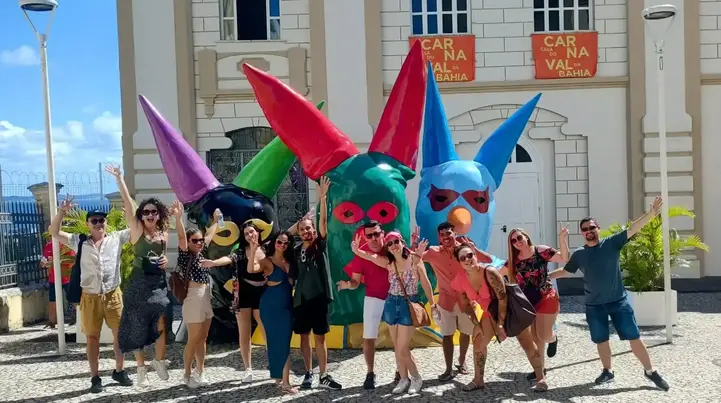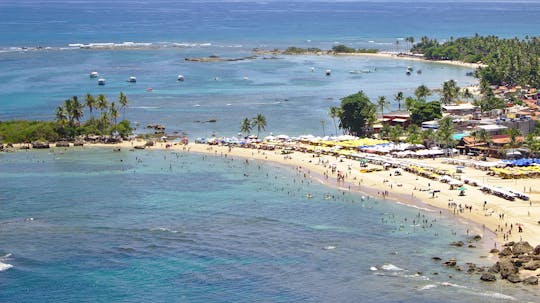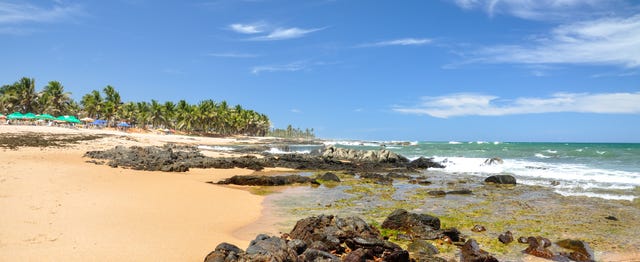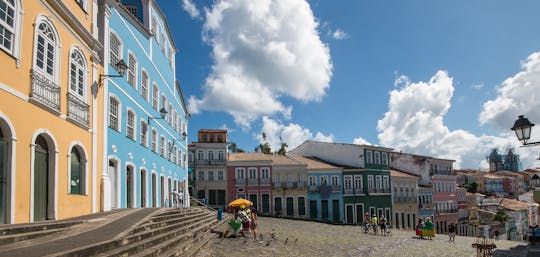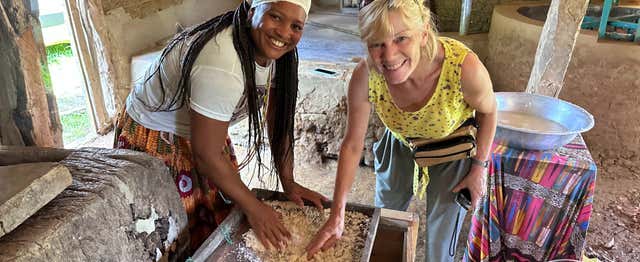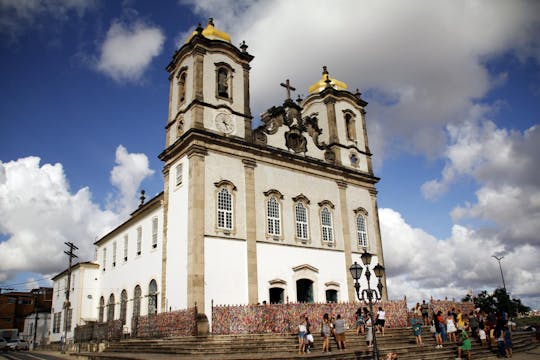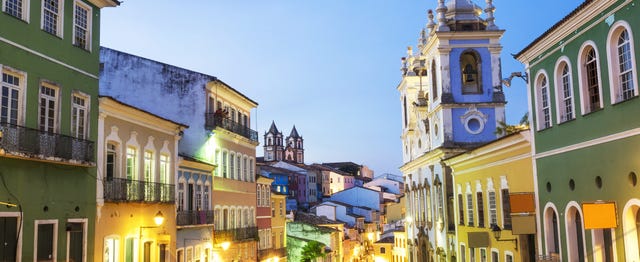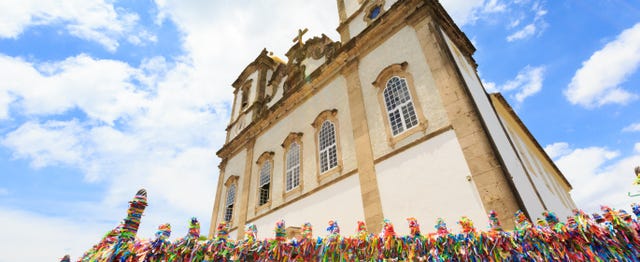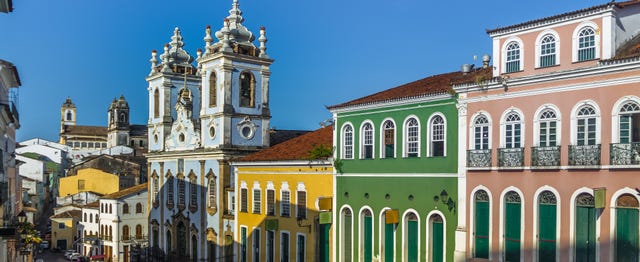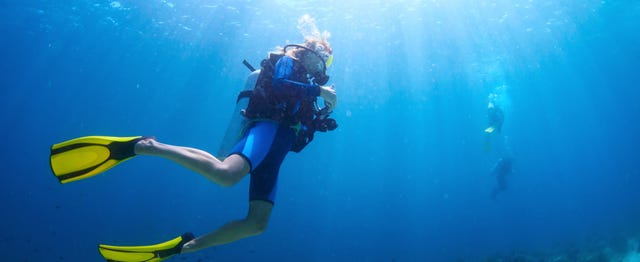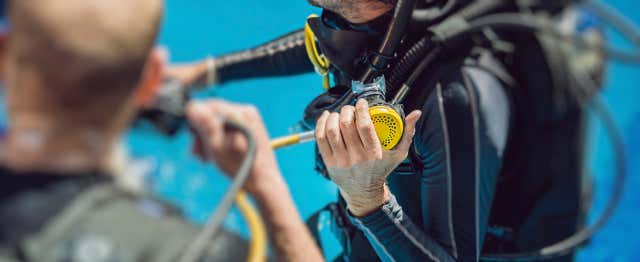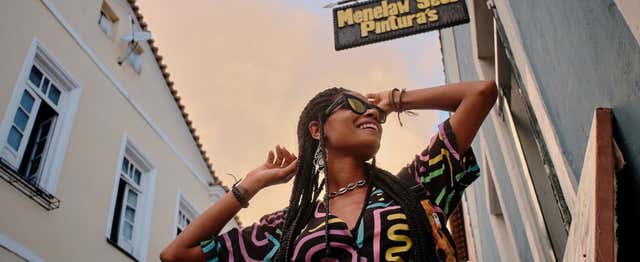Things to Do in Salvador
Our meeting will take place at Praça Castro Alves, where we can appreciate an incredible view of the Baía de Todos os Santos and its islands.
Leaving Praça Castro Alves, we will continue walking along Rua Chile (A primera rua do Brazil) to then make a photo stop on Rua Pau da Bandeira, famous in Salavdor for its magnificent view of the Bay.
We will continue to Praça Thomé de Souza (Name in homage to the first General Governor of the Republic).
In Praça Thomé de Souza we have the Palácio do Primeiro Governo, a place that was used as the Primeira prison of Brazil, and also the Magnificent Lacerda elevator, which connects Salavador to its two cities (Cidade Alta and Cidade Baixa).
Continuing our journey along Rua Chile, passing by the Museu da Misericórdia (Primeiro Hospital do Brazil) and continuing to Praça da Sé, where we have the Incrível monument of the Fallen Cross, a monument in protest to the demolition of the Igreja da Sé. We pause to the photos and we will continue.
Now in the Praça da Sé we will take two pauses: one to visualize the Statue of the First Bishop of Brazil and his tragic ending, and another in the Statue of the leader of the Resistência dos escravos, or Zumbi dos Palmares.
Saindo da Praça da Sé we go to Largo Terreiro de Jesús. Nesse Largo a spectacle is presented to our eyes... The first Faculty of Medicine of the Country and Complex of Churches that calls attention to the fact that it is chega no Largo
Following Largo Terreiro de Jesus, we pass to Largo do Cruzeiro de São Francisco. Local where an incredible image of the Igreja de Ouro stands out.
We will enter the Igreja de Ouro to see its interior, and then leave, we will follow the streets of the colorful houses, then we will pass the Casa do Olodum (Afro-Brazilian Drum School) and finally, we will visit the famous "Ladeira do Pelô", Local where the Astro do pop Michael Jackson esteve e Gravou o Clipe de su music "They don't care about us" and where it is located in the famous Igreja dos Pretos, built by the first Irmandade dos Homens Pretos do Brasil.
Here is where we will take our photo and finish this wonderful Tour of Heart of Brazil.
The mix of ethnic groups, cultures and creeds, which received generous doses of joy and syncretism, gave Salvador a unique state of mind that invites Brazilians and foreigners throughout the year to feel enchanted by its cultural, gastronomic and human wealth. Salvador, the first capital of Brazil, brings together the present and the past in perfect harmony. It is the cradle of the most beautiful literary, architectural and, of course, musical jewels. Salvador is considered a creative musical city. Walking through the streets of the historic center gives us the rich complexity that makes this land a reference multiplier for the entire nation. In the upper part of the city is the colorful Pelourinho, part of the historic center of the city and listed by UNESCO as a World Heritage Site, there we see the face of this charming place and understand the Afro force that moves culture and makes it the blackest city in brazil and in the americas. In its streets, some very narrow, there are innumerable mansions from the 17th and 18th centuries that house museums and restaurants, as well as Catholic temples that attract scholars from all over the world, such as the church of San Francisco, considered the richest baroque work in the country. and one of the most visited in the world. Come with Salvador by foot - Free walking tours to learn more than just see, walk, feel, touch and taste the history and culture of this incredible city. We invite you to come to our house, not as a simple visitor, but as part of our family. , we are sure that after meeting her you will also feel part of her. Welcome to Salvador and let's walk!
To begin our tour of the most traditional museums in the historic center, we will find ourselves in the iconic "Praça da Sé" where the "Cruz Caída" monument is located in homage to the demolition of the Old Cathedral Basilica of Salvador.
After walking for a few minutes we will arrive at our first stop: the "Casa do Carnaval da Bahia" museum. In this cultural space opened in 2018 in the heart of the Pelourinho district, we will have a vast amount of material that will allow us to get to know in depth the history of the largest carnival in the world according to the Guinness Book. During our visit, in a fun and interactive way, we will find a library, audio-visual projections, models, typical carnival clothes and musical instruments donated by the main artists of this great festival.
Later we will continue to the next destination via the Gonçalves Inclined Plan, a public transport system originating in the 17th century that connects the Pelourinho neighborhood in the Upper City with the Comércio neighborhood in the Lower City. After a short walk through the neighborhood, we will reach our second stop: the "Cidade da Música da Bahia" museum.
Finally we will visit the museum "Casa das Histórias de Salvador"
Discover two of the most beautiful beaches on the northern coast of Salvador on this excursion to Praia do Forte and Guarajuba. A must-see if you're in Bahía!
Salvador de Bahía is a city full of culture & flavor. Have an unforgettable night in the neighborhood of Pelourinho with this dinner and folkloric show.



